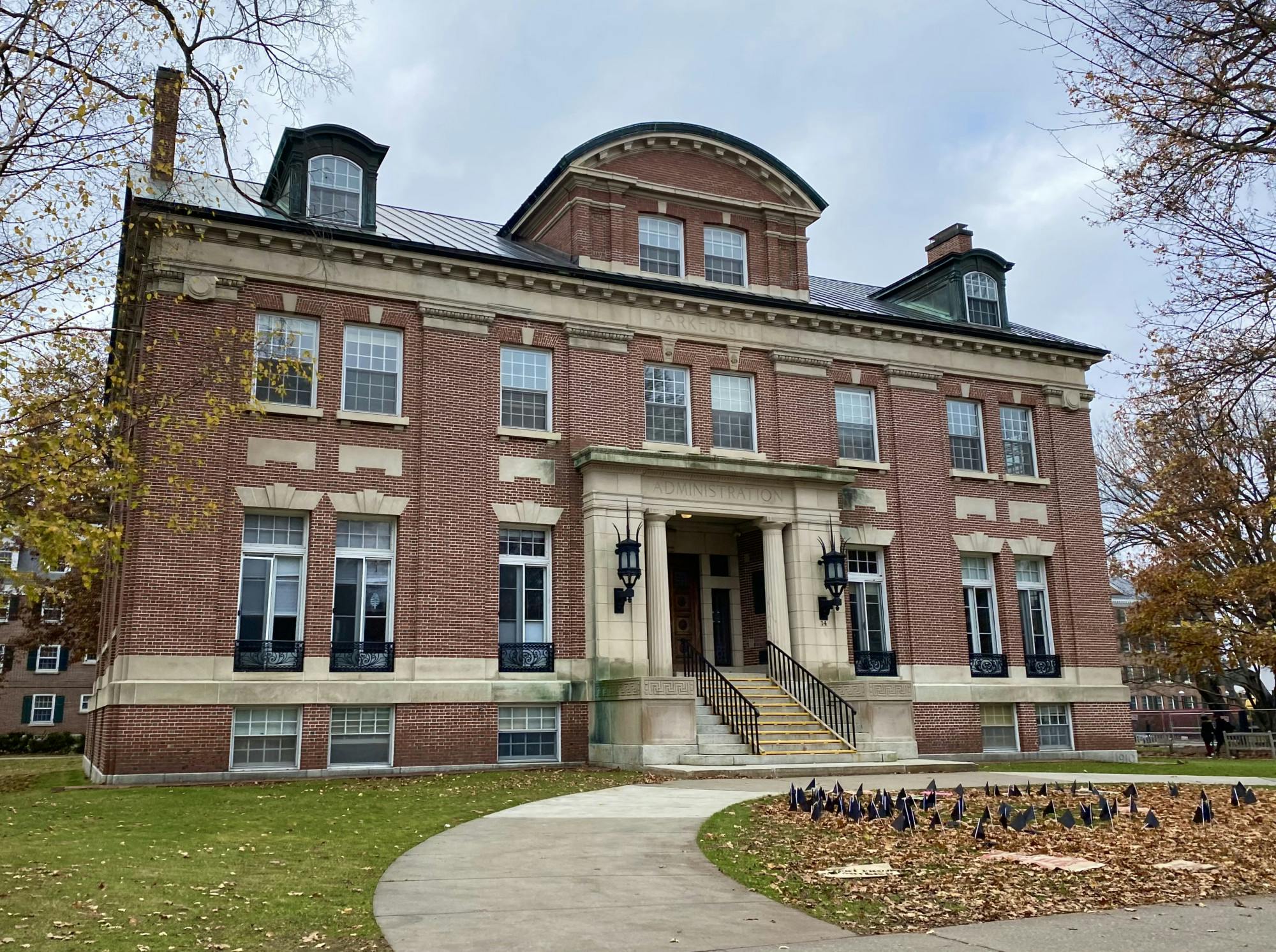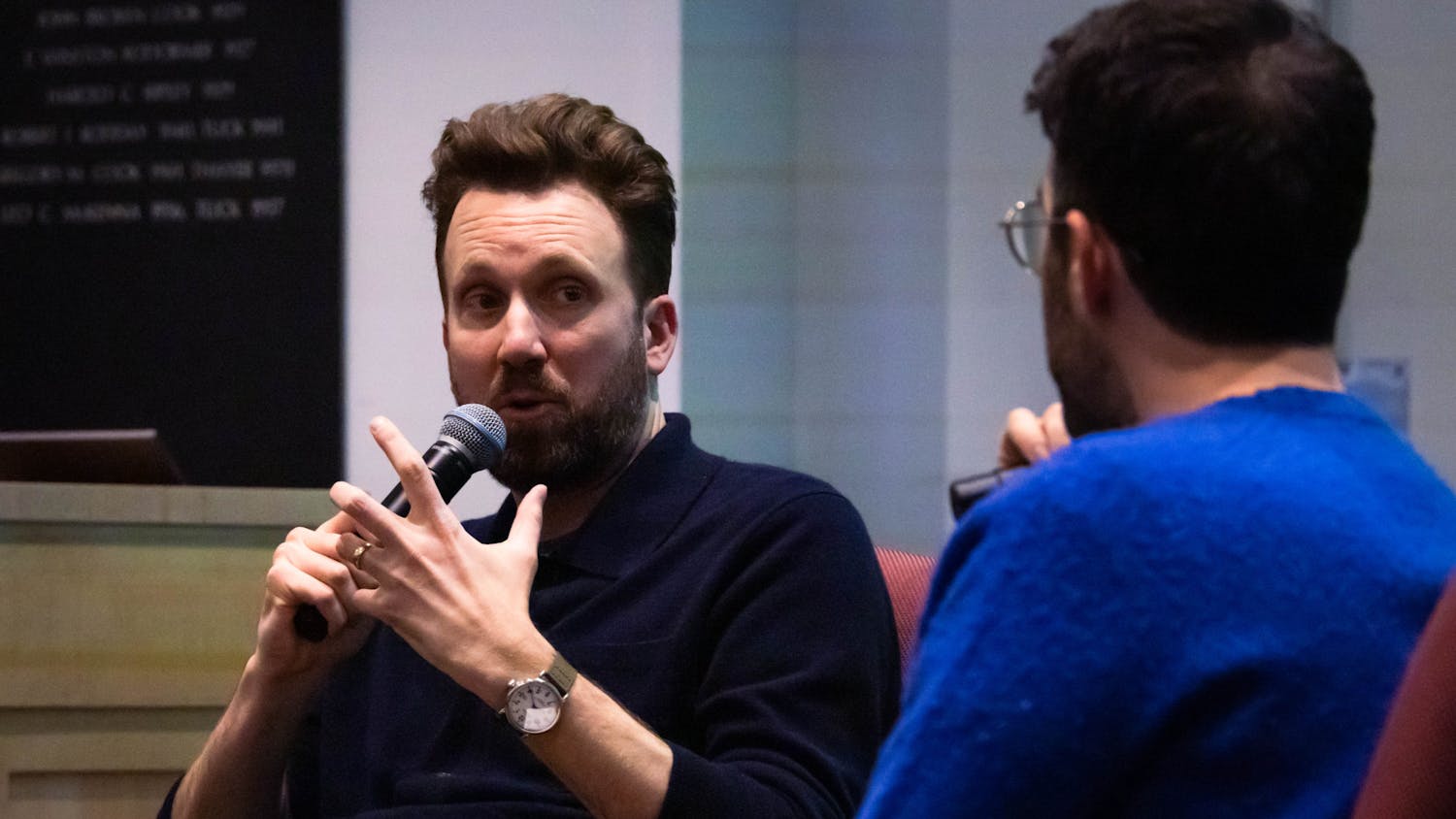On April 2, the Office of the Provost released a new freedom of expression and dissent policy. The Dartmouth went through the new 28-page long report and compared it to the prior policy, which was adopted in 2015.
The new policy clarifies the College’s freedom of expression principles, but it does not significantly change which forms of speech are protected.
However, it introduces a new provision that any limitation by Dartmouth administration on expression must be “content and viewpoint neutral and narrowly tailored to serve a substantial institutional interest.” It also introduces new specifics to define when protest is allowed.
The new provision is modeled on the precedent for interpretation of the First Amendment established in the 1989 Supreme Court case Ward v. Rock Against Racism, according to philosophy professor Samuel Levey, who chaired the committee on freedom of expression.
“The biggest shift is the degree to which the new policy is trying to conform itself to First Amendment law and related law,” Levey said.
Content and viewpoint neutrality require that student expression is not restricted due to “subject matter, message or point of view,” even if said subject matter is “offensive,” according to the text of the new policy.
Substantial institutional interests, meanwhile, are defined by a new list of eight “guiding examples,” which include the College’s educational mission, physical safety and compliance with law, freedom of expression for students and guests, residential operations and school standards of conduct, preservation of the grounds, free movement on campus, accommodation of scheduled events and “administrative functions.”
One example of a situation where free expression can be limited is in learning environments, according to the new policy. The new policy limits the content neutrality provision in “formal academic instruction, athletics programs [and] arts programs” in order to uphold academic “standards” and “orderly discussions,” according to the committee report.
Such “local constraints” on freedom of expression are clarifications of the College’s existing freedom of expression policy, not “new powers,” according to the report.
Expressive activity can also be “partly” regulated on the basis of content in cases such as harassment or threats, where the lawfulness of an activity can depend on the content it expresses, according to the report.
The new guidelines for planning “expressive” activities now explicitly state that activities, such as civil disobedience and disruptions, that obstruct the freedom of speech of others are not protected under freedom of expression because they are unlawful.
The new guidelines also provide more detail on the time, place and manner restrictions on free expression referenced in the previous policy.
For example, the previous guideline that “the College may restrict the length of time of an event if its continuation after a certain time would interfere with core educational or administrative functions of the College,” has been expanded to include specific details, such as that “outdoor amplification must end at 10:00 p.m.” on Sundays through Thursdays, in accordance with Hanover Ordinance No. 34.
“Questions of response to noncompliance with Dartmouth policy” — such as enforcement and disciplinary action — were not within the committee’s charge, according to the report.
The new policy was based on a report from the advisory committee on freedom of expression and dissent in November 2024.
This new policy has been in the works for years. Administrators began talking about revisions in 2023, but a formal committee was not established because representatives from Dartmouth’s four graduate schools were too “busy” to meet, according to Provost David Kotz ’86. Finally, the Office of the Provost established a working group on July 13, 2024, after “the events of 2023-24 raised questions about freedom of expression,” Kotz wrote in an email statement to The Dartmouth.
Levey said while protected forms of speech at Dartmouth have “not” significantly changed, the new policy is more “protective” of student expression because it turns the College’s existing “practices” into a “set of norms.”
“What we had before were internal practices that we followed, that were sort of following principles,” Levey said. “But that’s different from having a policy which absolutely lays down the rules for the administration on what kinds of protections they must afford to student speech.”
Malcolm Mahoney ’26, who served as a student representative to the committee, said the new policy was “conducive” to creating a “strong community” of expression at Dartmouth.
“Having a strong policy that gives students more insight into specific nuances about [freedom of expression] is really helpful and conducive to having those difficult conversations,” Mahoney said.
The new freedom of expression policy will be next reviewed in 2032, and it will be the responsibility of the Office of the Provost, according to Kotz.
“When a review is needed, and no later than 2032, the Provost would consult with the deans of all five schools to determine a process,” Kotz wrote.

Jackson Hyde '28 is an intended philosophy major from Los Angeles, California. His interests include photography, meditation, and board game design.




